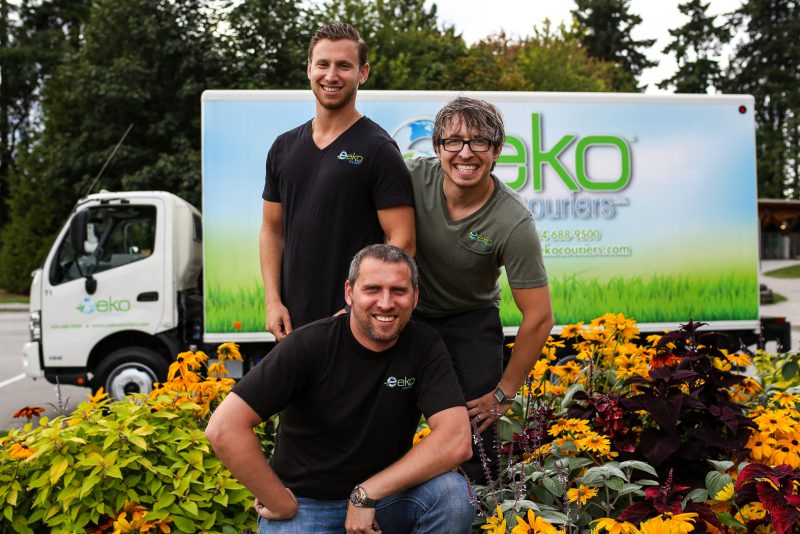
Val was at a high elevation in Whistler the first time he remembers noticing something unusual. Despite not being particularly active at that moment, he felt short of breath. In subsequent months, he occasionally would feel his heart inexplicably speed up before returning back to normal.
“It just got more and more intense,” Val remembers. “It kept happening.”
On the fateful evening, as he arrived home after walking the dog, the pounding was the most intense it had ever been.
“I couldn’t take air in, and everything started going black,” he says. “My heart was coming out of my chest, to the point where I couldn’t even speak. With my hands, I signalled to my wife, 9-1-1.”
Nowadays, Royal Columbian Hospital is well-equipped and trained to treat this heart disorder. But back in 2008, patients had to go elsewhere for treatment. In Val’s case, he was transported to Vancouver Island.
Prior to being airlifted there, Val spent five weeks under monitoring at Royal Columbian Hospital. The experience, he says, left a tremendous impression on him.
“I had to stay in hospital in case I had another episode, but I felt fine,” Val says. “So I walked around and saw what the cardiac team does. The experience completely humbled me.”
As he watched the health care professionals in action, Val spent a lot of time reflecting on his life.
“It basically changed my perspective as to what is actually important,” he says. “Contrasting my own life, fears and worries, and what I considered hard work, was absolutely nothing in comparison to the dedication, devotion and commitment, day in and day out, which was obvious in everything the hospital staff did.”
Val had worked in accounting and inventory prior to his hospitalization. But once he was discharged, he set his sights on creating a business. Six months later, eeko Couriers was established.
“This whole experience made me realize I was really procrastinating,” he says. “There is no procrastinating in the hospital. You do it, and you do it right away.”
Val feels much more fulfilled these days and says the business has also allowed him to give back to the hospital. The company has become a sponsor of the annual Making the Cut Charity Golf Classic organized by frontline hospital staff.
“I try to project my experience to other people,” he says. “Part of the experience taught me that you never know. Do what you want to do. Don’t delay.”
